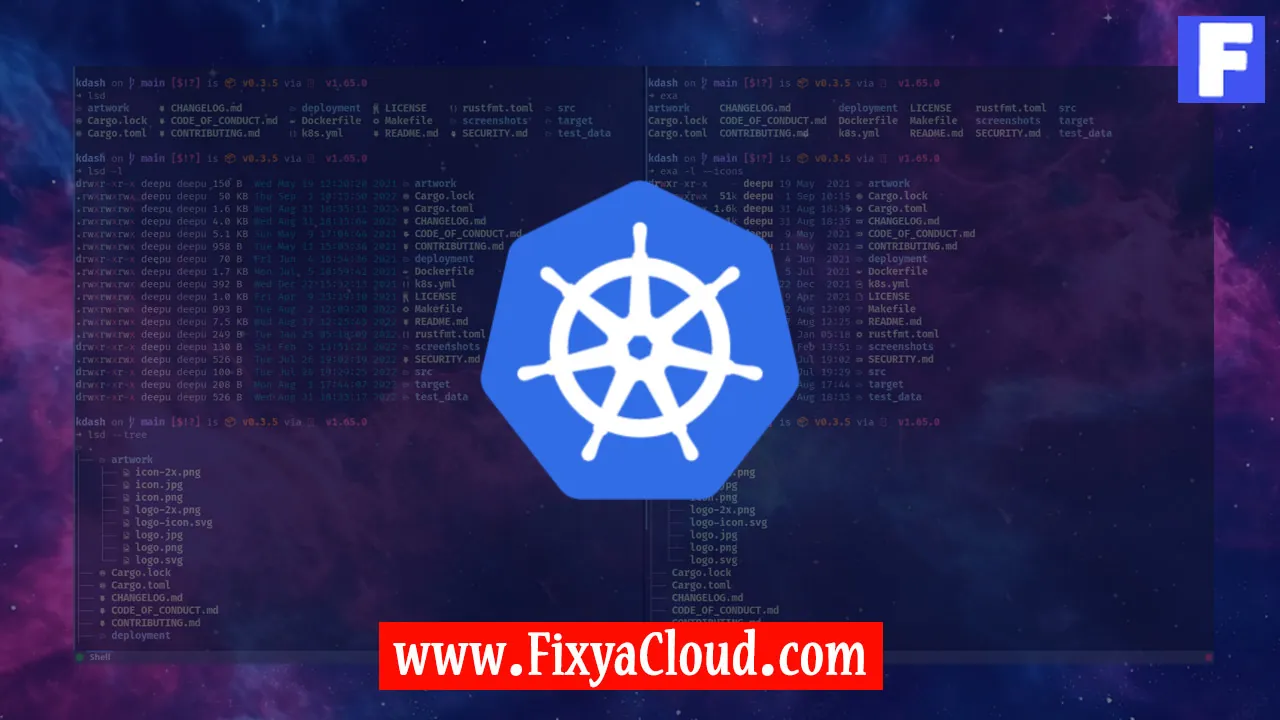What is Kubernetes DaemonSet?

In the ever-evolving landscape of container orchestration, Kubernetes stands out as a powerful tool for managing and scaling containerized applications. Within the Kubernetes ecosystem, DaemonSet is a crucial resource that plays a pivotal role in ensuring specific pods run on all or a subset of nodes within a cluster. In this article, we'll delve into the intricacies of Kubernetes DaemonSet, exploring its purpose, use cases, and how it can be leveraged to enhance the deployment and management of containerized workloads.
Understanding Kubernetes DaemonSet:
At its core, a DaemonSet is a Kubernetes controller that ensures a copy of a pod runs on all (or a specified set of) nodes within a cluster. Unlike other controllers, such as Deployments or ReplicaSets, DaemonSets are ideal for tasks that need to be performed on each node, like monitoring agents, log collectors, or any other node-specific services.
Key Characteristics:
Node Affinity:
DaemonSets leverage node affinity to specify which nodes should run a particular set of pods. This allows for fine-grained control over pod placement based on node characteristics, ensuring that pods are scheduled on nodes that meet specific criteria.Rolling Updates:
DaemonSets support rolling updates, allowing for seamless updates of pods across the cluster. This ensures high availability and zero-downtime deployments, critical for mission-critical applications.
Commands and Step-by-Step Instructions:
Let's explore some essential commands and step-by-step instructions to create and manage DaemonSets:
Creating a DaemonSet:
kubectl create daemonset <daemonset-name> --image=<container-image> --selector=<label-selector>
Viewing DaemonSets:
kubectl get daemonsets
Scaling a DaemonSet:
kubectl scale daemonset <daemonset-name> --replicas=<desired-replica-count>
Updating a DaemonSet:
kubectl set image daemonset <daemonset-name> <container-name>=<new-container-image>
Real-World Examples:
Monitoring Agents:
Deploying monitoring agents, like Prometheus or Grafana, as DaemonSets ensures that each node is equipped with the necessary tools to collect and report metrics.Logging Services:
DaemonSets are perfect for deploying logging agents such as Fluentd or Filebeat, ensuring that logs from every node are efficiently collected and forwarded to the central logging system.
So, Kubernetes DaemonSet is a versatile and powerful tool for managing workloads that need to run on every node within a cluster. Its node-aware scheduling, rolling updates, and support for various use cases make it an indispensable resource in the Kubernetes ecosystem. As you navigate the complexities of container orchestration, keep Kubernetes DaemonSet in mind for efficiently deploying and managing node-specific tasks.
Related Searches and Questions asked:
That's it for this topic, Hope this article is useful. Thanks for Visiting us.
